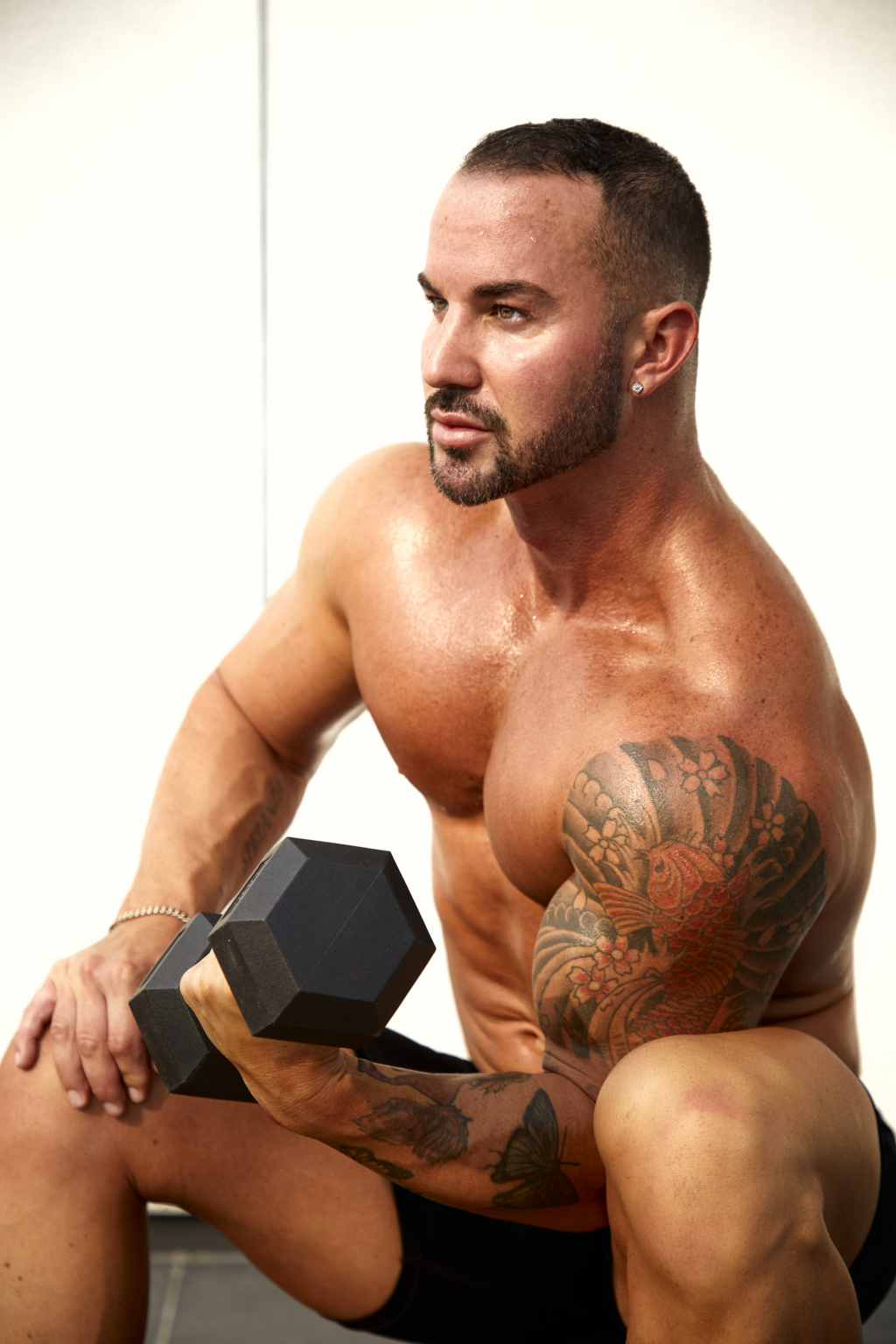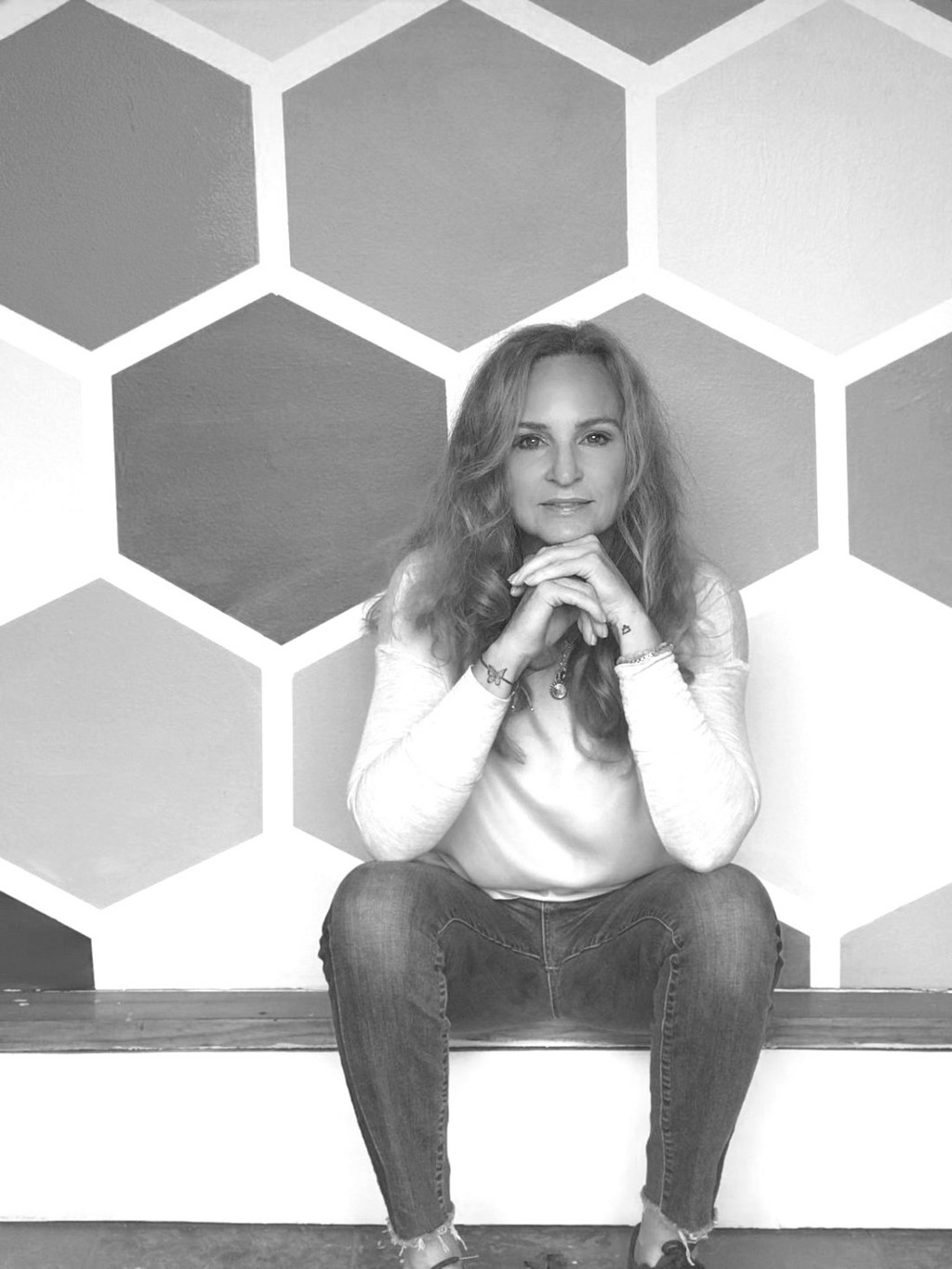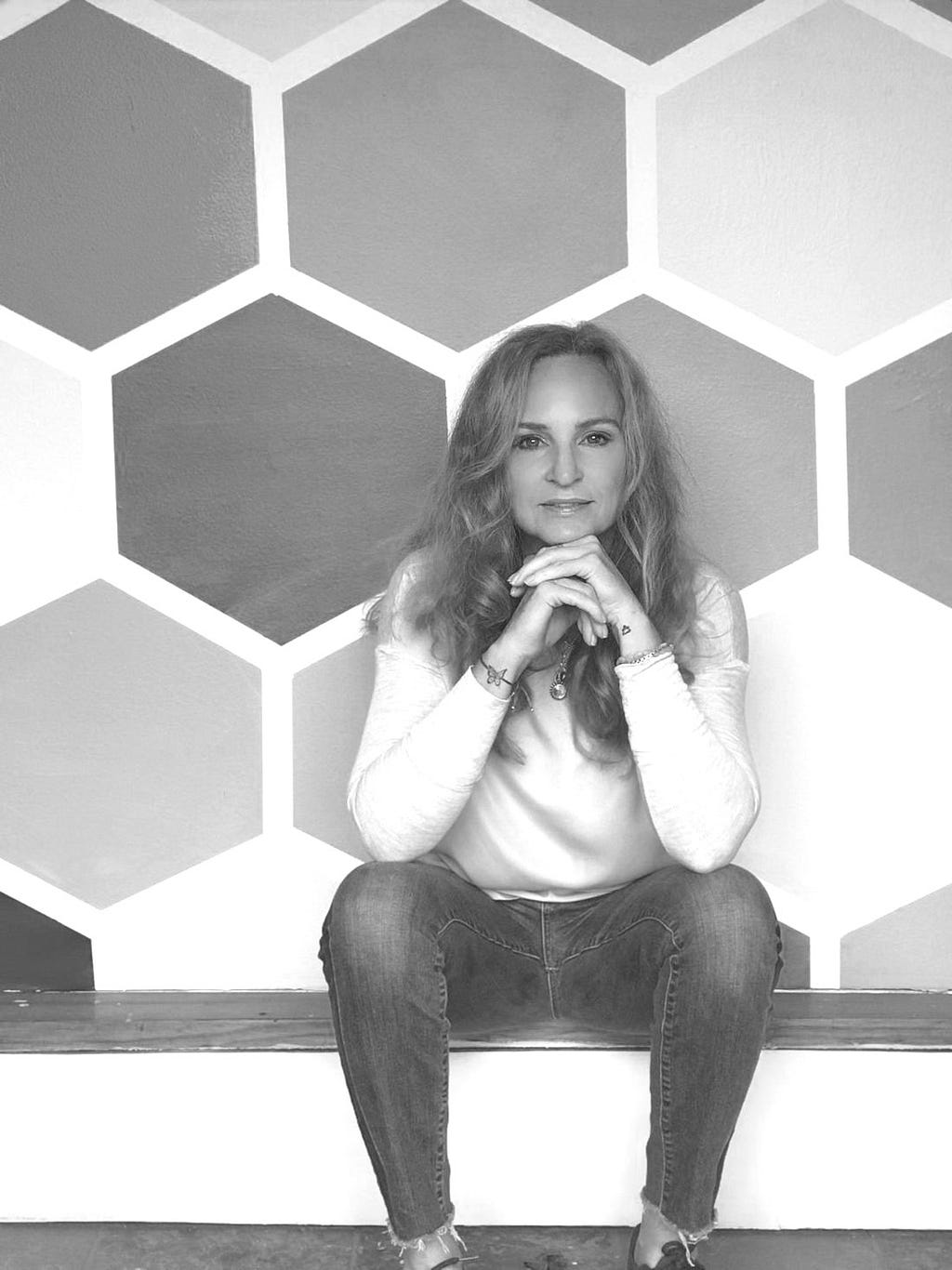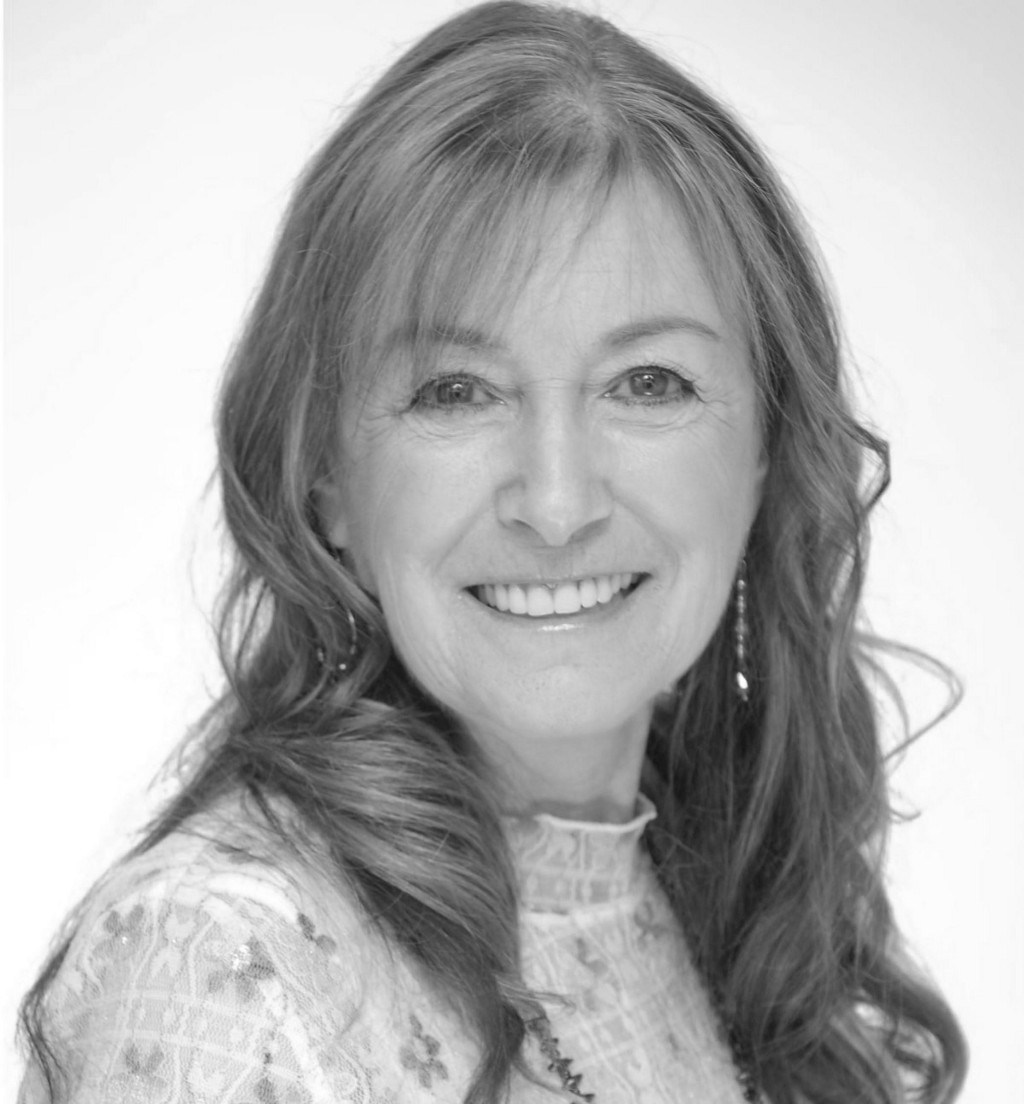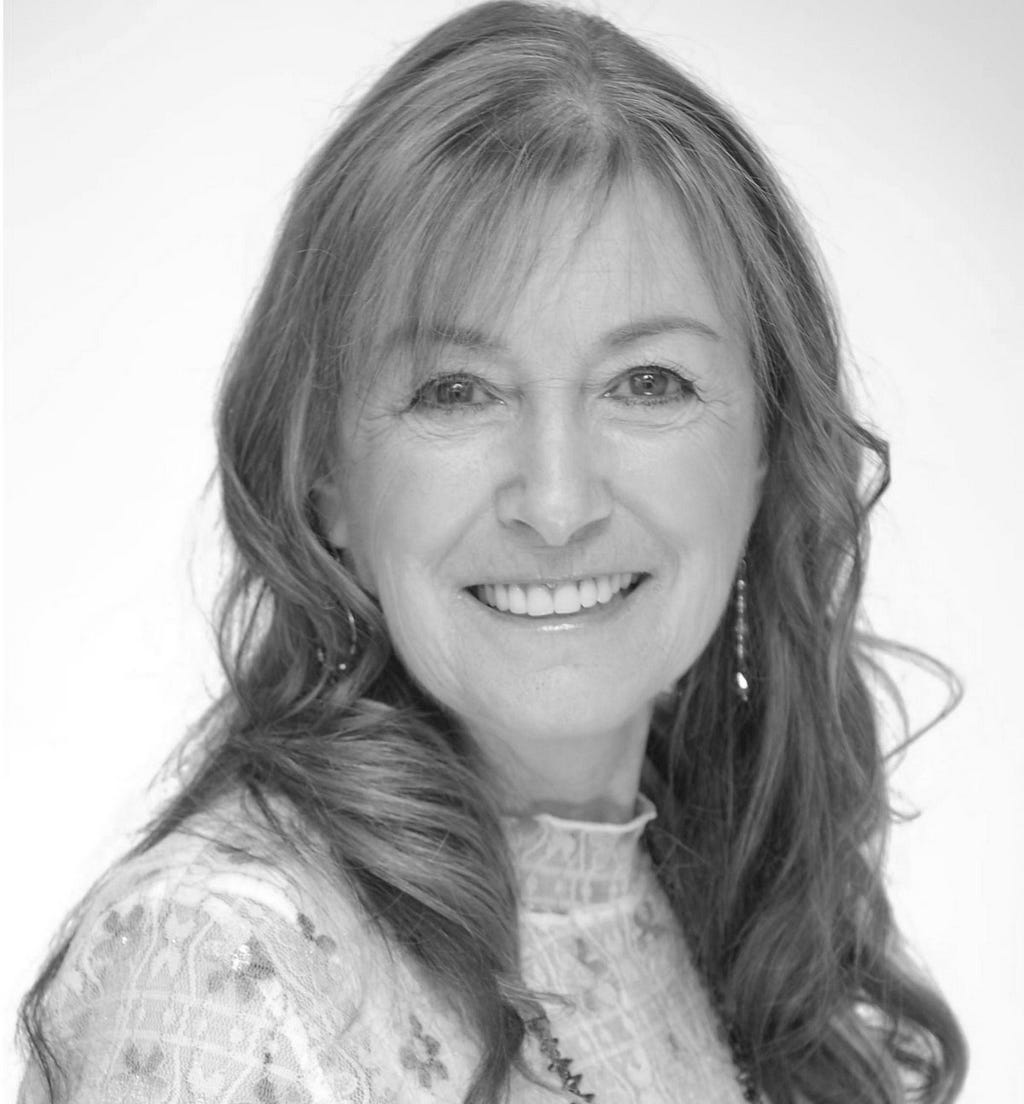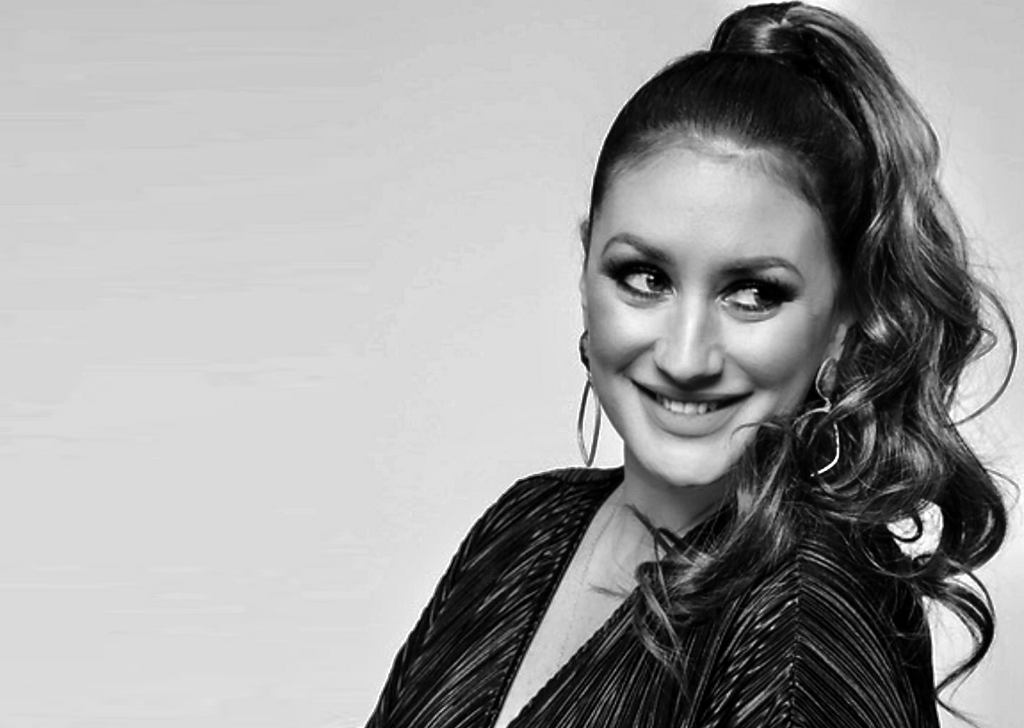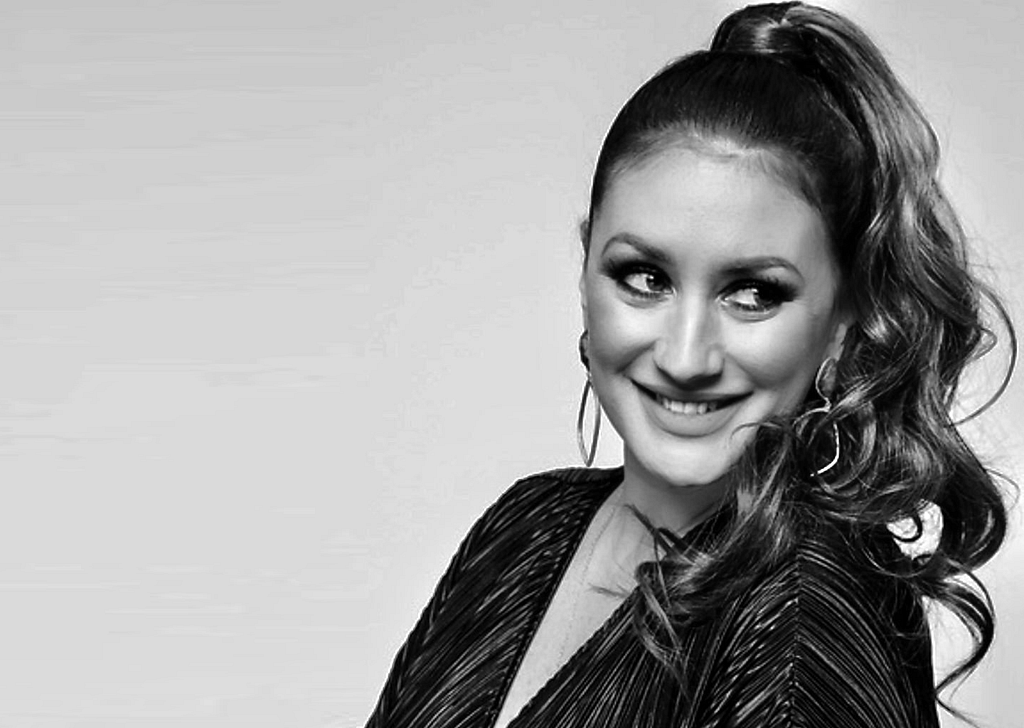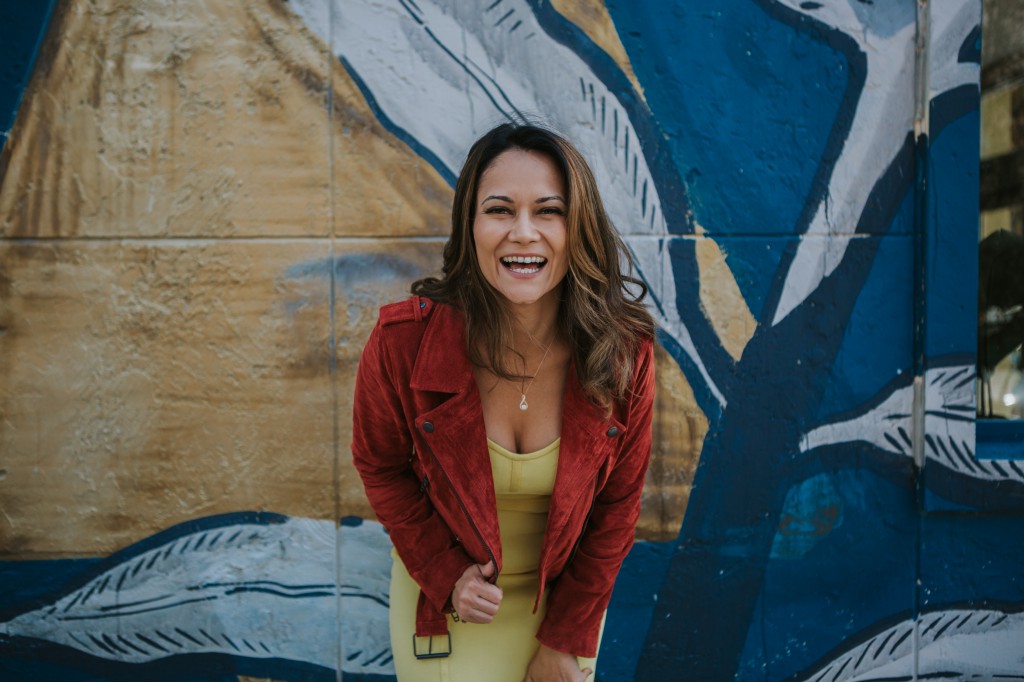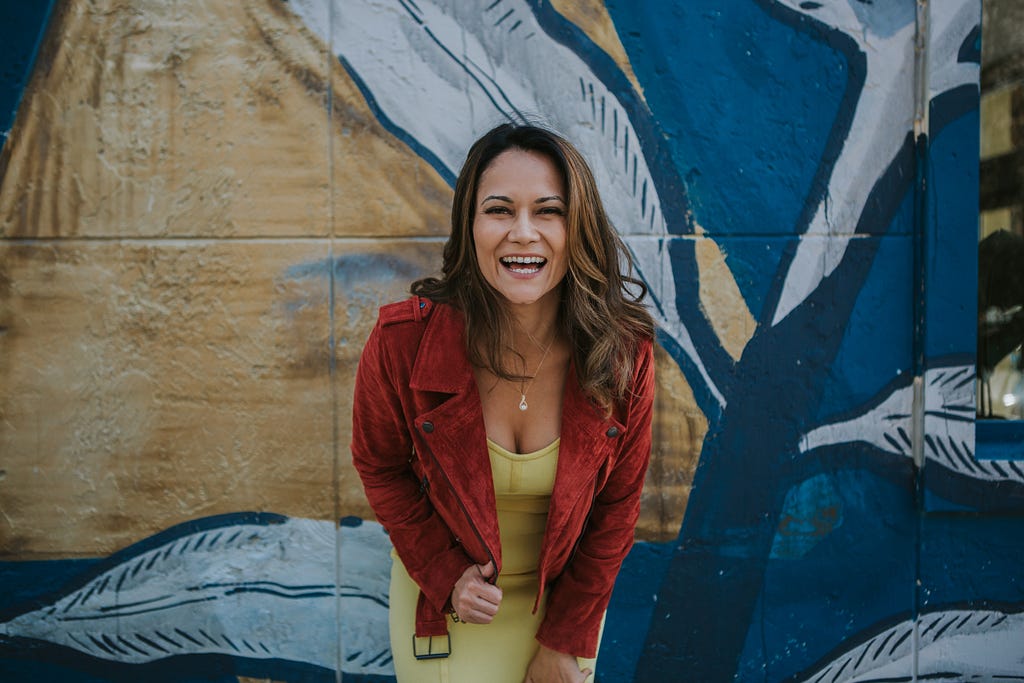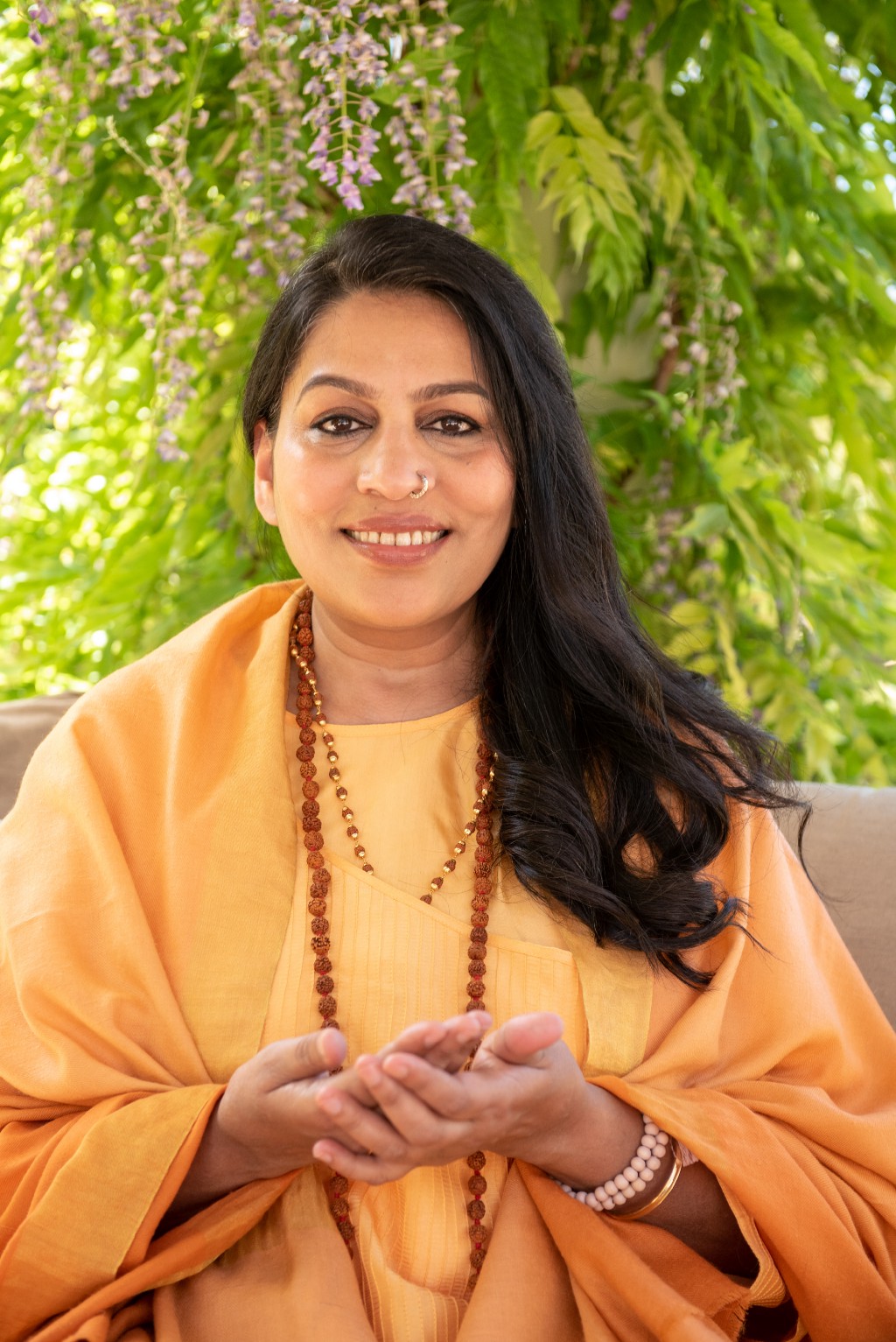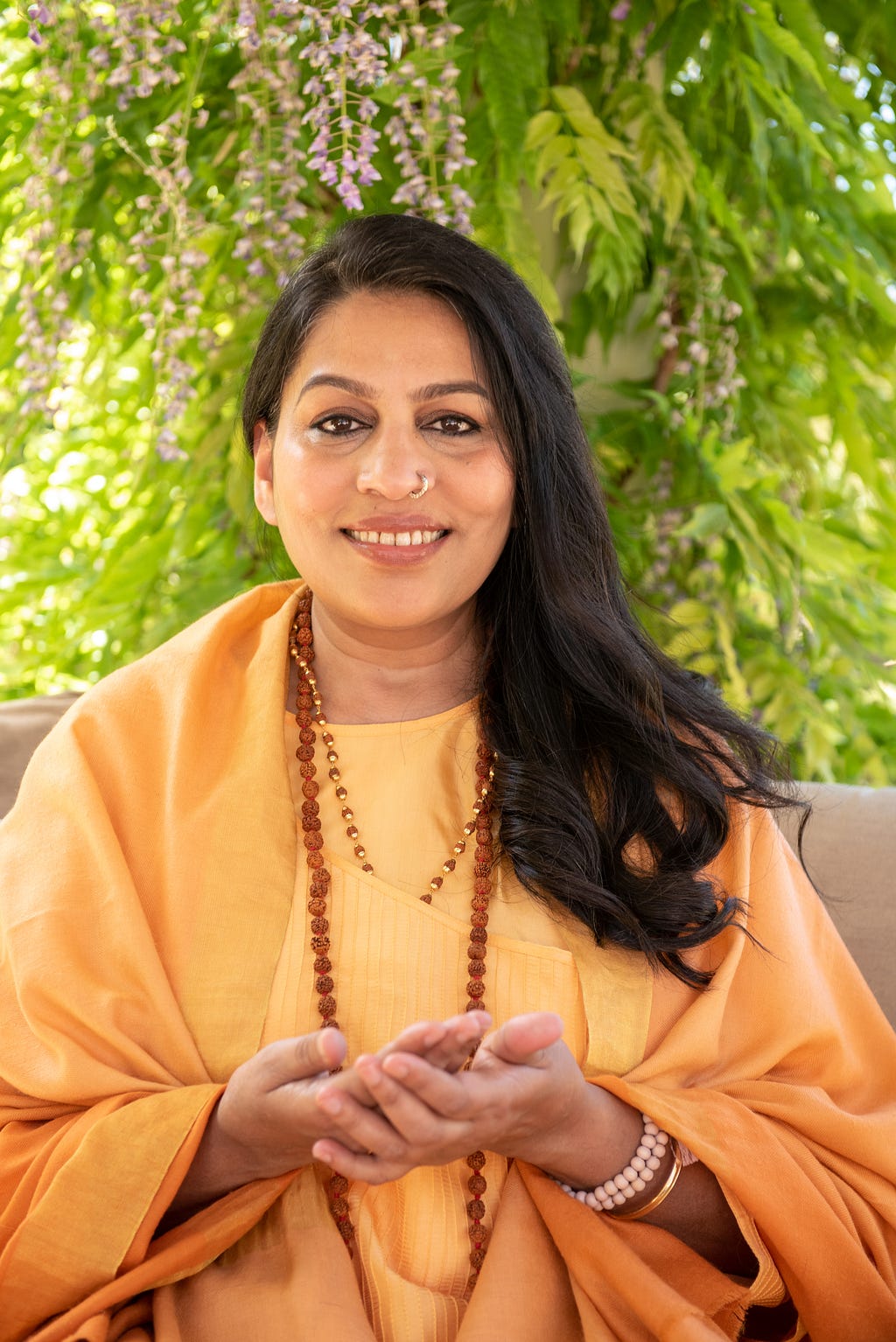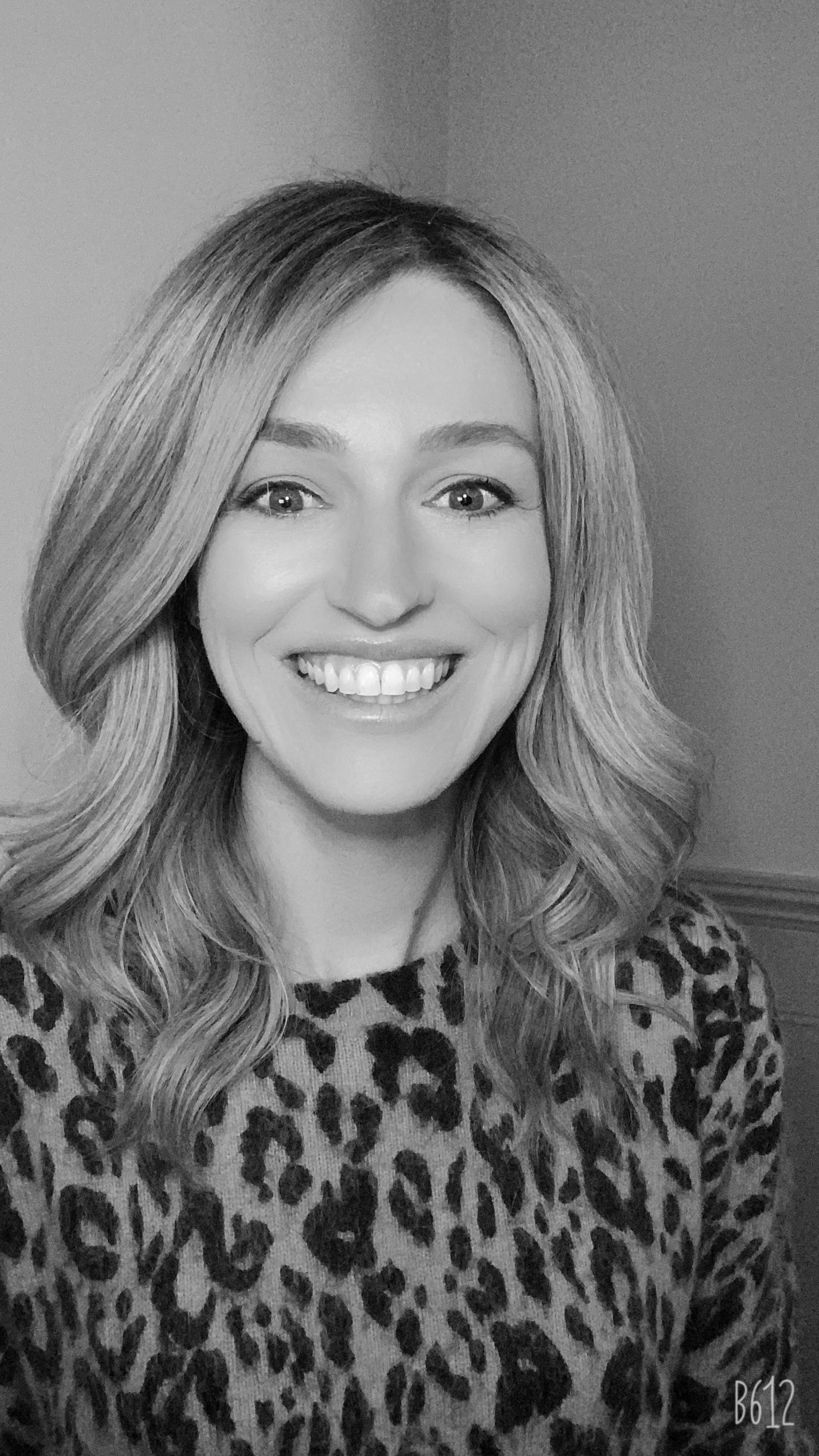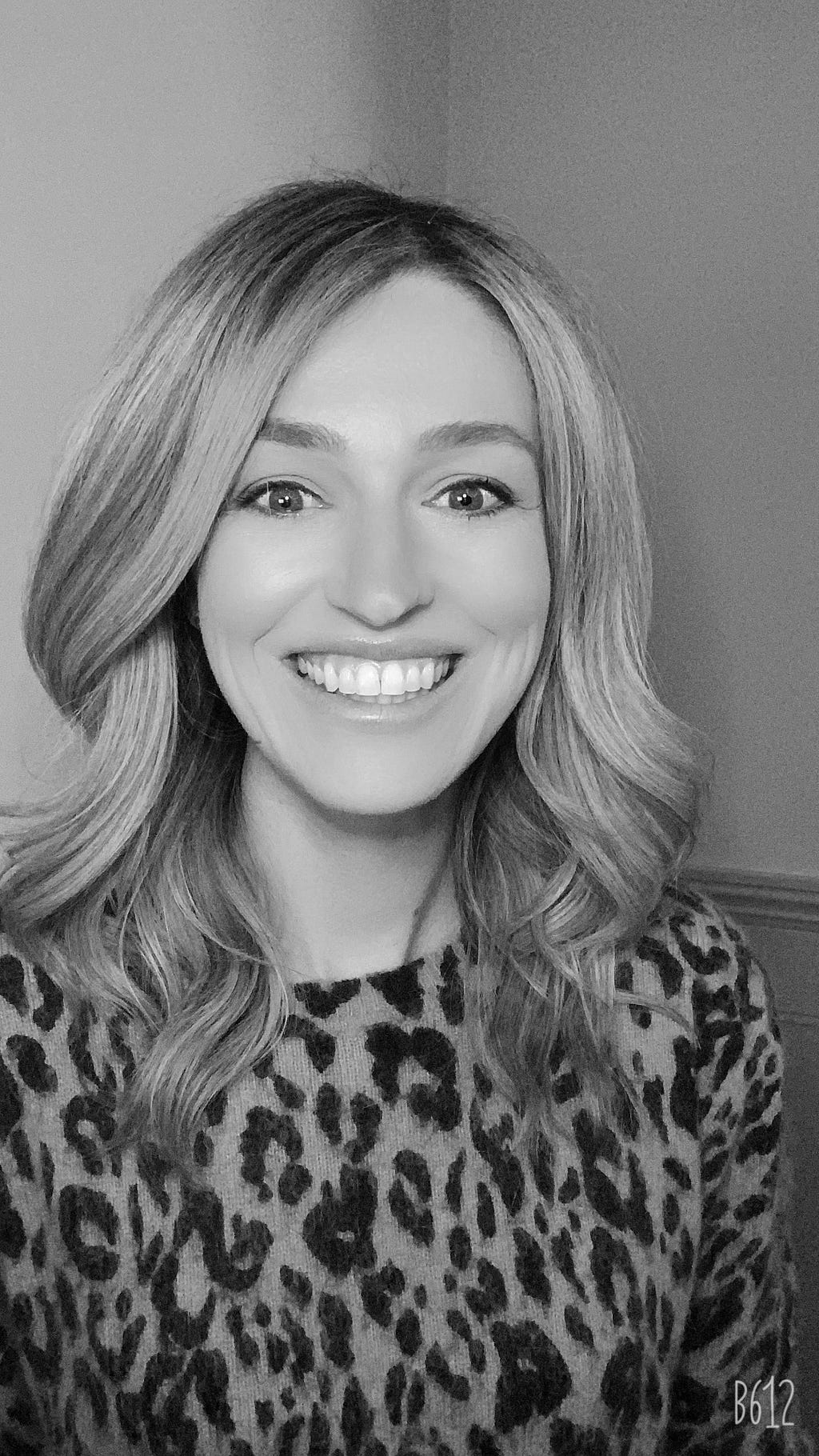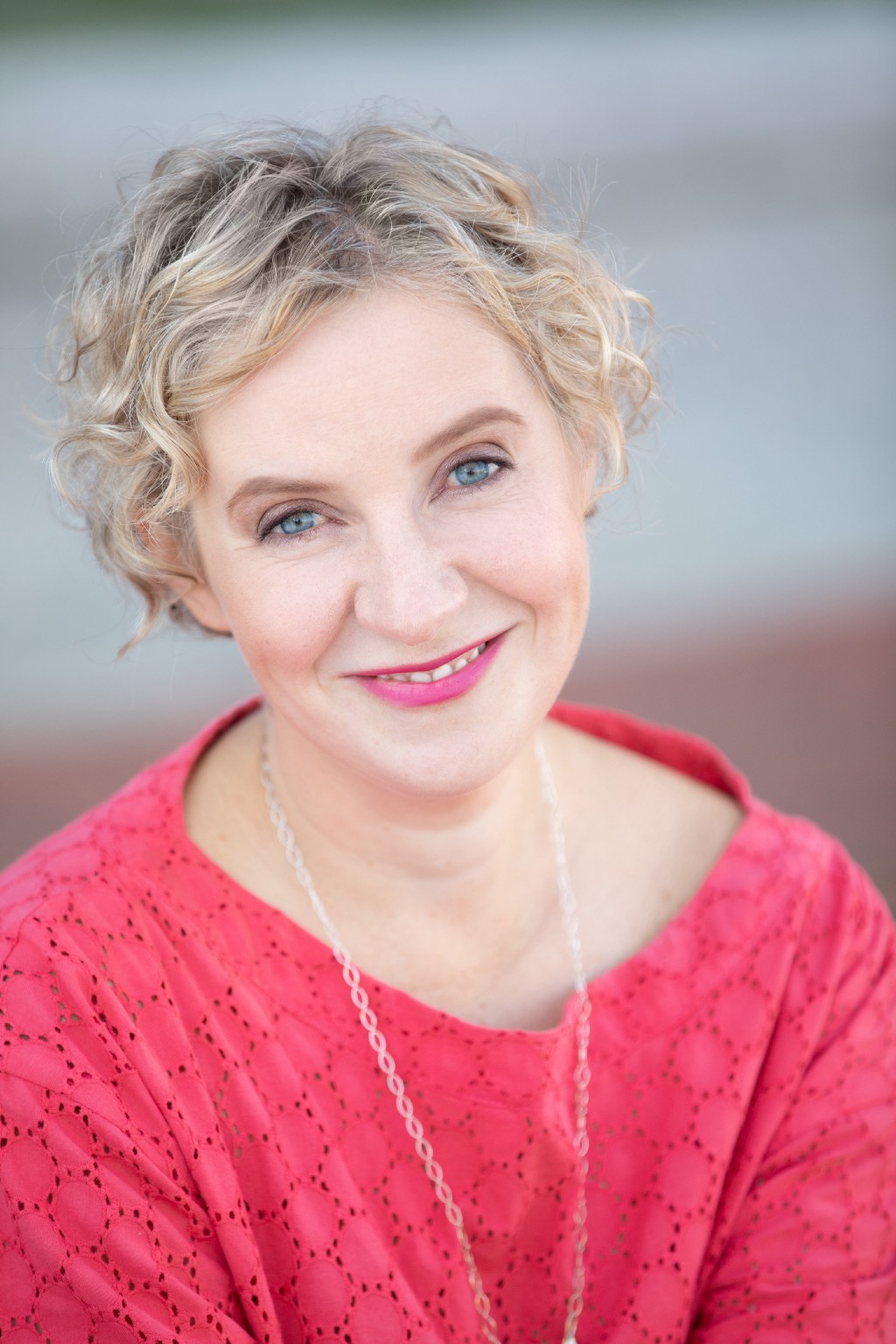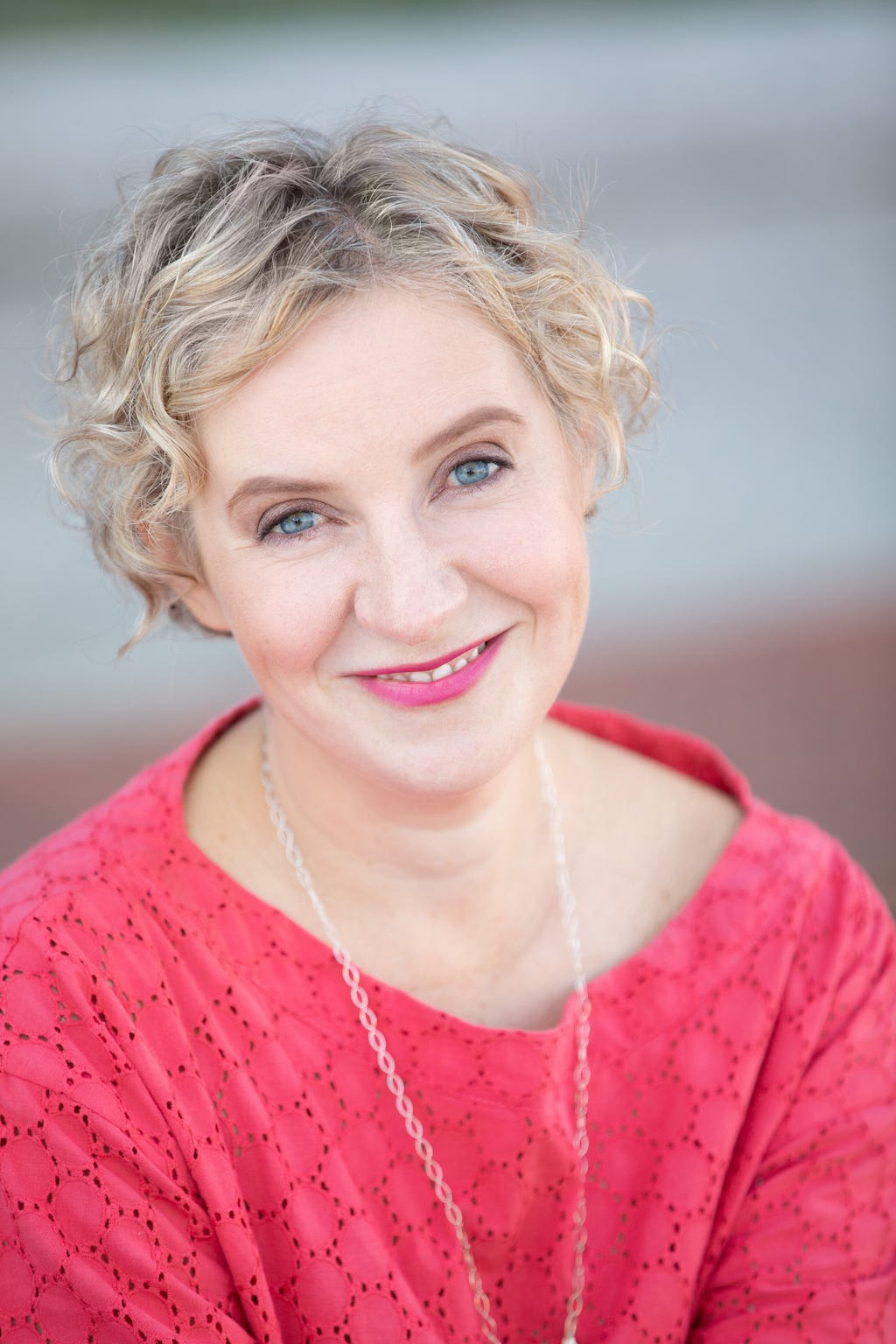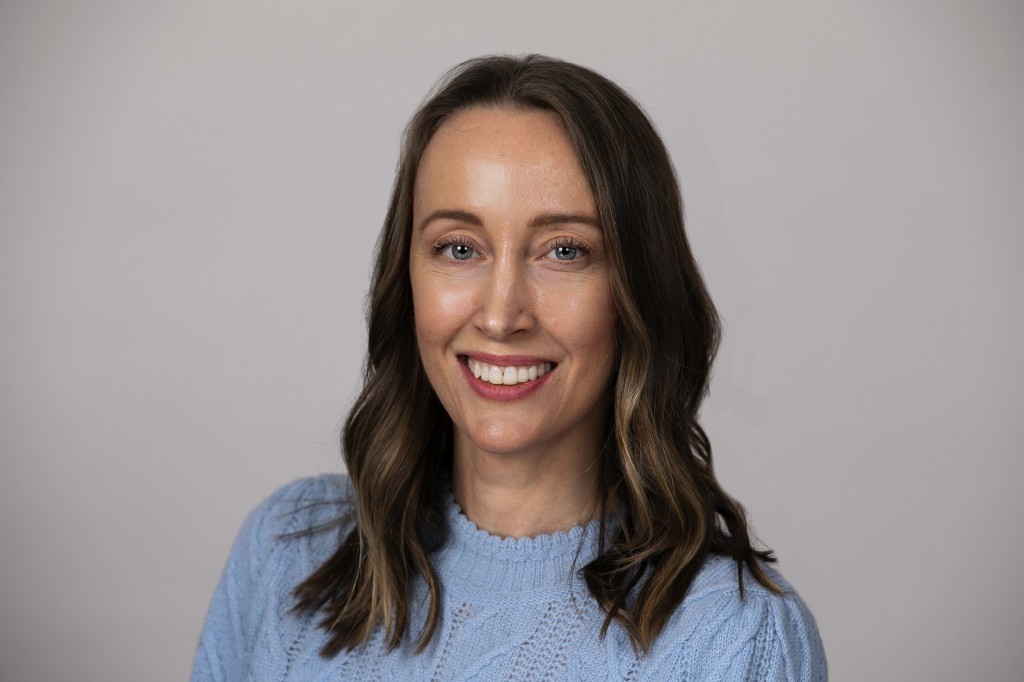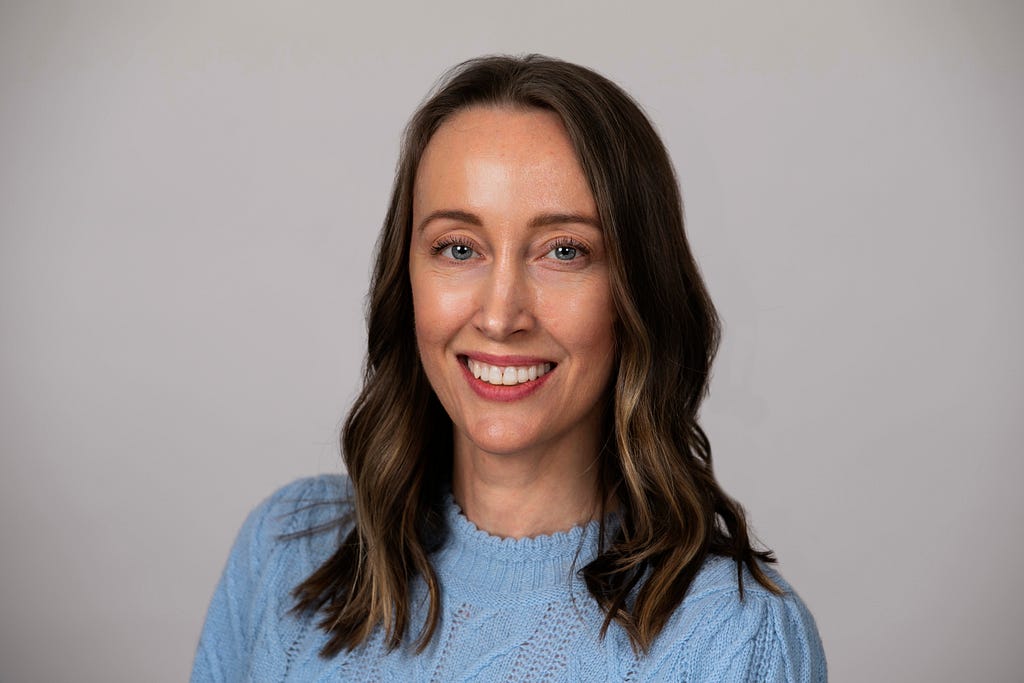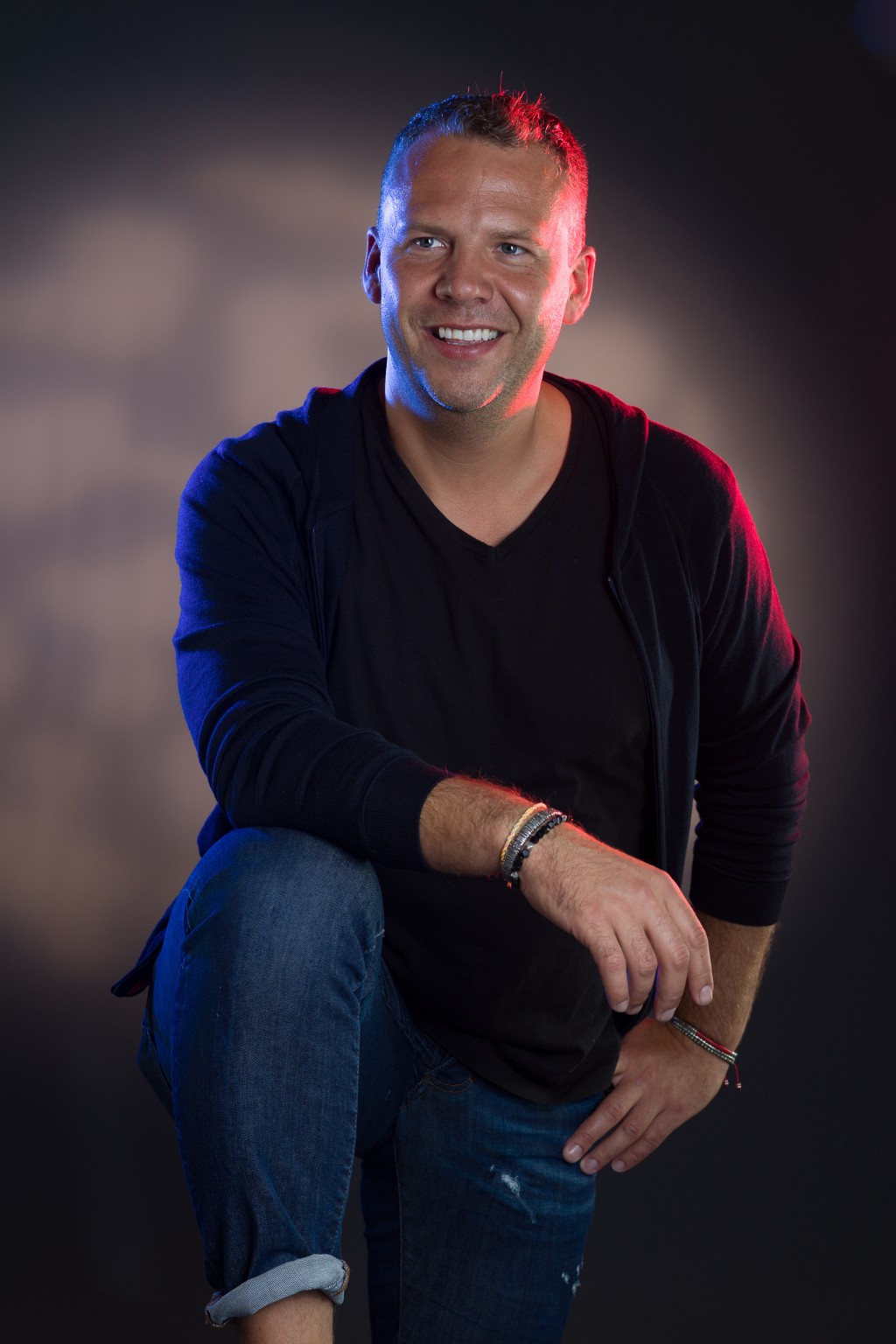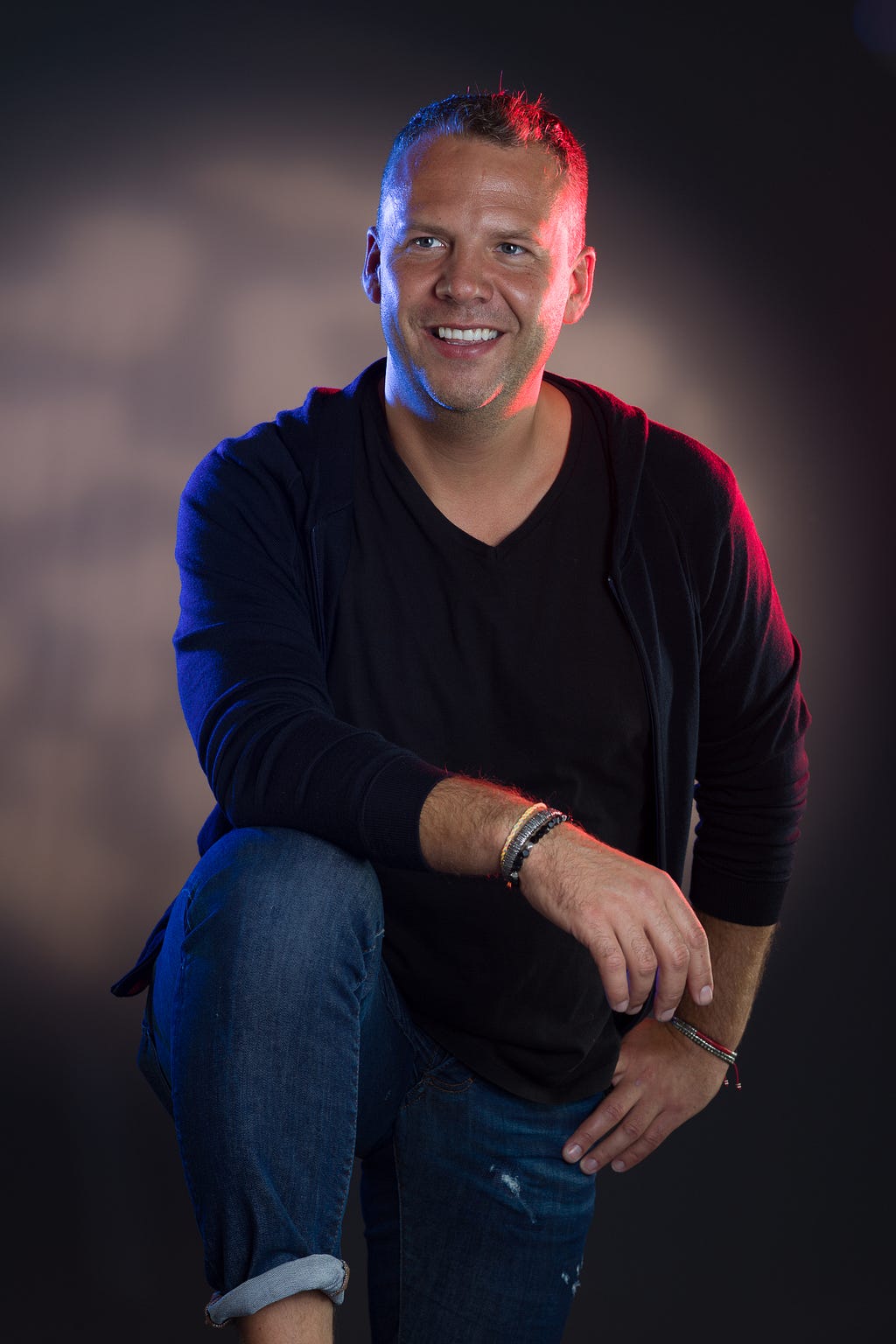Dominic Kennedy of ‘Dominic Effect’: Five Things We Can Do To Develop Serenity And Support Each Other During These Anxious Times
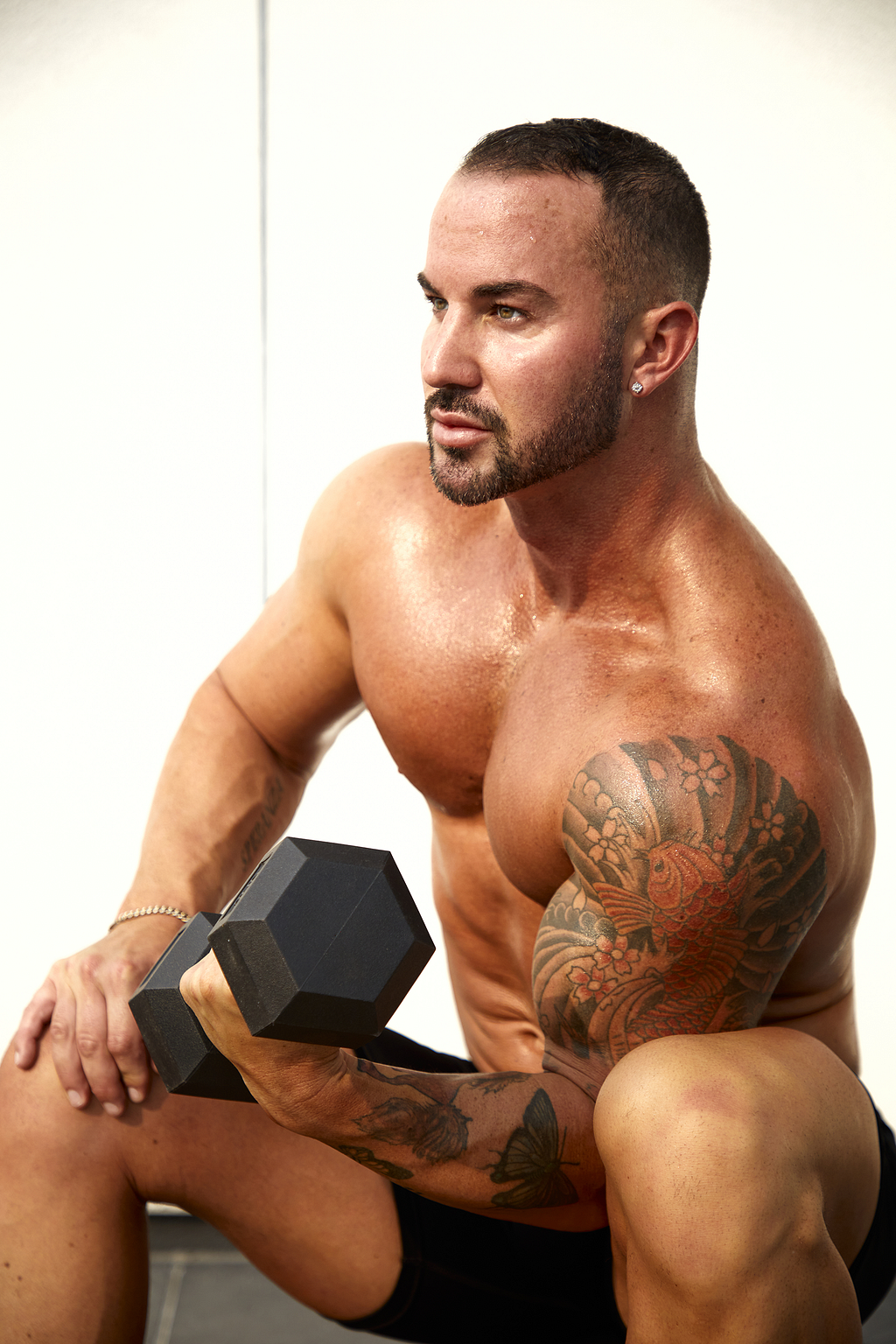
“Don’t make assumptions,” has resonated with me over and over again. This agreement is one that I always keep in the back of my mind whether I am dealing with a personal relationship or something comes up at work. Not to make assumptions on what someone is feeling or going through and letting that person speak their truth is so important.
As a part of my series about the the things we can do to develop serenity and support each other during anxious times, I had the pleasure of interviewing Dominic Kennedy.
Dominic is a personal trainer in Hollywood/Beverly Hills and CEO of the Dominic Effect app launching in November (fitness & wellness.) Dominic holds the following certifications: National Academy of Sports Medicine Personal Training, NASM weight loss specialist, NASM corrective exercise specialist, NASM nutritionist, CPR/AED certified. He is also an advocate and member of the LQBTQ community!
Thank you so much for doing this with us! Our readers would love to “get to know you” a bit better. Can you share with us the backstory about what brought you to your specific career path?
From a very young age, I was extremely active, athletic and energetic. But I ended up going to college at the University of the Sciences in Philadelphia and majoring in Pharmaceutical, more to impress people than fulfill my own needs.
After a few years working in this industry, I knew it wasn’t for me. I needed more interaction with people, and I knew there was so much more inside me I could do.
Knowing all of this and being extremely involved in the gym on my own, combining that with yoga consistency and always eating healthy, I decided to pursue my personal training certification.
Upon moving to Los Angeles, I decided I wouldn’t work in the corporate world. I knew there was more, more where I could really help people. So, I started to work as a full time personal trainer. It was one of the best decisions I ever made.
I worked at a major gym, and within a few months became one of their top trainers out of 23 in the entire facility. I was 8 months in when I decided to rent space from a private gym and took my clients with me to grow this business. It’s been over 12 years, and I am flourishing this into a very successful earning with personal training. I’ve trained hundreds of clients in person and online and transformed hundreds of bodies. It’s been an absolute blessing and pleasure meeting and helping so many different people.
Can you share the most interesting story that happened to you since you started your career?
The most interesting part of my personal training career is the variety of personalities I encounter. Quickly into my career, I realized that I am highly empathetic and intuitive, which is a great gift to have. However, learning not to take on someone else’s sadness, pain or emotion is one I’ve had to work on.
When I started full time training I couldn’t figure out why I felt emotionally drained at the end of the day, until working with various healers and discovering my gift. With much practice and meditation, I now can be in the moment with that person but not carry their emotion with me the rest of the day. This has been key for me.
This career path has opened so many doors, meeting amazing people from all age groups and backgrounds. Everyone has their own story to tell, and I am there along the way to listen to it. I have been through marriages, births, divorces, deaths, you name it and there for all of my clients. My business is not just to come in and lift weights and leave. There is way more that goes along with it.
What advice would you give to other leaders about how to create a fantastic work culture?
I cannot stress how important it is to be around good energy but to also emit this to others. Working with people one on one, it’s extremely important to show up positive and be a source of light for all. Weight loss, food addiction, or just simply not the drive to work out can be a huge struggle for many, so it’s my job to stay positive and be a source of good energy for all of my clients.
We are all human and no matter what we do, we will encounter bad days. If your body is telling you to take rest, then do it. If resting means you go sit on the beach for an hour or go on a hike to recharge I highly suggest this. Listen to what your body is telling you so that when you show up to your job, you are vibrating at a high level and motivated to be there. Otherwise, those around you will pick up on your energy and this can often create a trickle effect. So, if you need a second to yourself, think of that happy place you go relax and let go to recharge before entering your work space.
Open communication is also so vital in creating a healthy work space. If your team or clients are afraid to approach you, this will just create a barrier and eventually come out in different ways. I always urge all of my clients or whomever I am working with to please come to me with any issues or concerns so we can peacefully discuss them.
Is there a particular book that made a significant impact on you? Can you share a story or explain why it resonated with you so much?
One of my favorite books that I read over from time to time is “the Four Agreements,” by Don Miguel. He talks about 4 agreements that can help you amongst many situations.
1. Be impeccable with your word
2. Don’t take anything personally
3. Don’t make assumptions
4. Always do your best
Out of all 4 agreements, “Don’t make assumptions,” has resonated with me over and over again. This agreement is one that I always keep in the back of my mind whether I am dealing with a personal relationship or something comes up at work. Not to make assumptions on what someone is feeling or going through and letting that person speak their truth is so important.
I think this goes along with creating a great work environment. To not make assumptions on whatever is going on but keep the communication open and flowing. It sounds simple, but we are all human and this can often be challenging to remember in the moment.
I use this in both personal training and real estate. With both of my careers, I never want to make an assumption of what my personal training client is battling with or why they binge eat, etc. The same goes with real estate. I’m not there to make assumptions on my clients needs but have direct communication with them on exactly what they want.
Ok, thank you for all that. Now let’s move to the main focus of our interview. From your experience or research, how would you define and describe the state of being mindful?
Being mindful is such a great state of mind to be in. Being mindful of your own state of well being as well as others around you. With today’s current events, this is extremely important for yourself and others near you.
Being mindful of your thoughts, feelings and emotions will help keep you centered and balanced. Knowing when you need a break or moment to recenter yourself, is a huge sign of growth.
I find that so many don’t know what to do when overwhelmed, exhausted or anxious. Being mindful of this and knowing that your mental health is so vital to take care of (just as important as physical exercise) to truly stay grounded and calm yourself down.
For me, meditation or watching a beautiful sunset at the beach re centers me. I am extremely mindful of my thoughts and emotions, and I can tell when I need to pause and do this. I meditate every morning, but sometimes I need more and my body gives me signs and signals to take a break.
This might be intuitive to you, but it will be instructive to spell this out. Can you share with our readers a few of the physical, mental, and emotional benefits of becoming mindful?
We all have days when our body just feels completely exhausted. It may not just be our physical body but our mental well being too. Many times I listen to clients and friends talk about how they feel, and I always suggest when they are in this state to pause and do something that will be of a release to them.
I practice meditation daily. I know this, or being out in nature, will bring me back to a safe, fulfilling space. If your physical body is exhausted, be mindful of this and rest. We often feel that we need to go, go, go! In America, we are wired this way. But, if you are this physically, mentally and emotionally tired chances are you are not operating at your highest frequency or potential. You will be surprised what rest, meditation, affirmations or whatever it is that brings you peace will do.
The more aligned and centered you are, the more comes to you. The more you can manifest. I cannot stress the importance of taking care of your physical, mental and emotional well being.
Ok. Here is the main question of our discussion. The past 5 years have been filled with upheaval and political uncertainty. Many people have become anxious from the dramatic jolts of the news cycle. The fears related to the pandemic have only heightened a sense of uncertainty, anxiety, fear, and loneliness. From your experience or research what are five steps that each of us can take to develop mindfulness during such uncertain times? Can you please share a story or example for each.
1. Meditation
2. Nature
3. Journal
4. Loved ones or people who ground you
5. Travel
The past few years (especially this past year), has caused an extreme amount of uncertainty, fear, depression and more. However, there are ways to protect yourself when the mind starts to control you and your feelings. Everything is mindset, if you can learn to control this and find ways that center you and make you feel calm, you will be surprised how beautiful your life can operate at such a high level.
There are 5 steps I take to be present, operating at my highest frequency and remaining calm:
Meditation, I practice this every morning with meditation music and sometimes throughout the day if I need more practice. My day is so much better and fulfilling and less “in my head and thoughts.”
Sometimes I need more and when my body tells me this, I go into nature. A hike with my dog or a friend to decompress and reconnect within nature, I always leave this calm, re centered and that positive respect for this thing we call, life
Journaling is another great technique I use. I journal for multiple purposes but this really helps me let go of things that are causing uncertainty and fear. It allows me to tap into those thoughts that I know I need to release and move on, so powerful.
There are certain people who I feel really grounded and at ease around, just good, pure energy. When you find those people who can have deep, good life conversations and you feel 100% yourself, keep them around. They feel the same around you and being around that high frequency exchange will help you feel so safe and loved.
It doesn’t have to be across the globe, but sometimes we need a break and new scenery. I urge you to travel whether it is local in your state or surrounding states or across the globe. I personally love traveling the globe to learn new cultures and ways of life. This is one of my favorite things that keeps me grounded and humble.
From your experience or research what are five steps that each of us can take to effectively offer support to those around us who are feeling anxious? Can you explain?
The same five above would be used, actually the question above mentions anxiety so this pertains to that. Same thing.
What are the best resources you would suggest for someone to learn how to be more mindful and serene in their everyday life?
My resources are my friends and peers I look up to who operate at a higher frequency. Anytime I am trying something new that will be of benefit to my mental health, I reach out to someone I know or a friend of a friend and ask their opinion or recommendation. This is always my first go to before I research anywhere else. This way, I can ask them their personal experience and really get a better gauge on if this is something for me!
However, there are so many amazing books, like the ones mentioned above that you can find, podcasts, healing centers, that offer all of this. I would say to ask yourself, what calls to you the most? What feels right in the moment to you in the direction you want to go.
Can you please give us your favorite “Life Lesson Quote”? Do you have a story about how that was relevant in your life?
“You have one body to live in, take care of it.” I absolutely love this quote because it’s the truth. Not just the physical body itself, but taking care of your mental health needs as well. Remember, the inside work is just as important as the outside work.
I use this a lot with my clients, friends and peers as a reminder when they are falling off track. It’s simple and effective and really has changed the mindset of a lot of the people around me. If we don’t take care of the body, we aren’t going to live very long and who wants to live in pain, fear, anxiety? Not me! Think of this whenever you feel you are falling off track, I have mine printed near my desk as a constant reminder.
You are a person of great influence. If you could start a movement that would bring the most amount of good to the most amount of people, what would that be? You never know what your idea can trigger. 🙂
Eventually, I will lead public speaking seminars that promote positivity, health, mental health awareness and basically, how to live a great life. My childhood was not one to brag about, but the struggles and obstacles have made me into who I am today.
There was no silver spoon or much love, but I came out on top. I will one day hold seminars or retreats so that others can realize no matter what their story is (because we all have one), you can come out being the best version of yourself and still spread love.
I think it’s really important to stay vulnerable and authentic because you never know the amount of people you are helping. I hope everyone can radiate the amount of love and positivity I project, to me, that is the true meaning of my life!
Dominic Kennedy of ‘Dominic Effect’: Five Things We Can Do To Develop Serenity And Support Each… was originally published in Authority Magazine on Medium, where people are continuing the conversation by highlighting and responding to this story.


